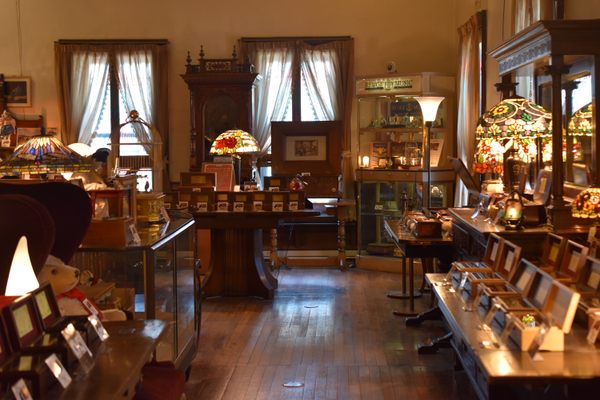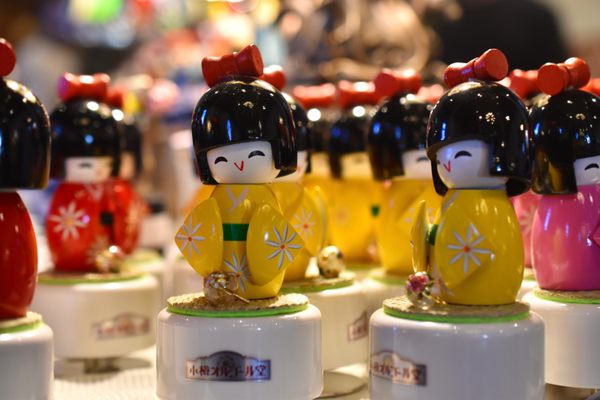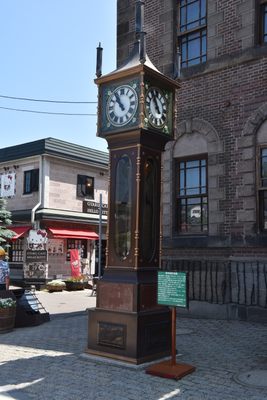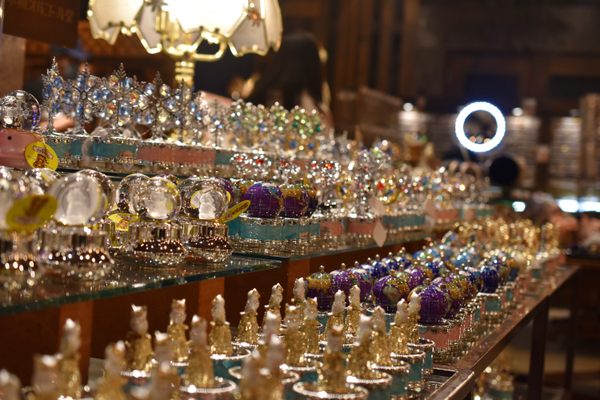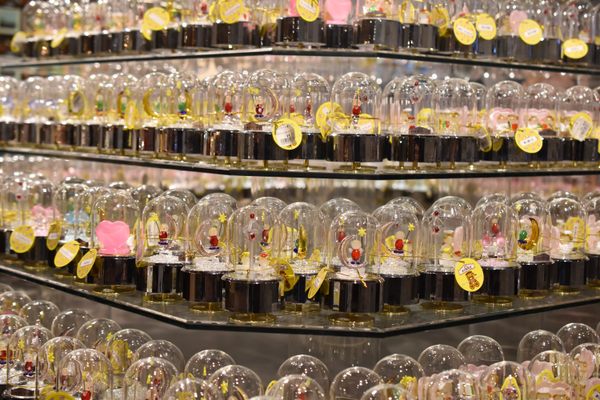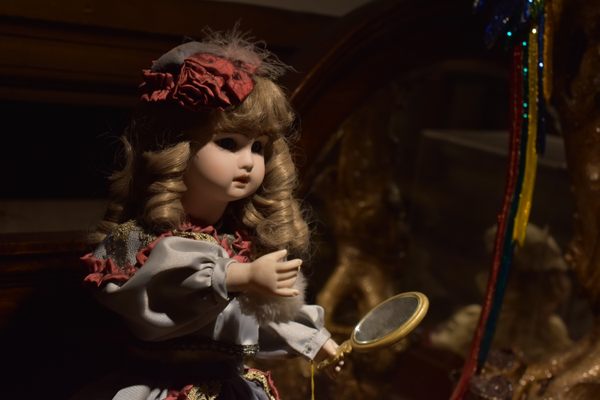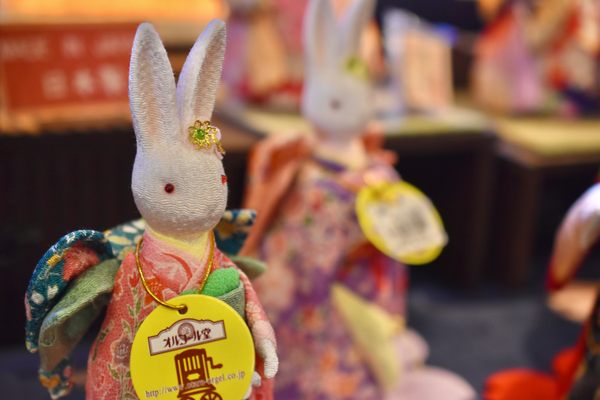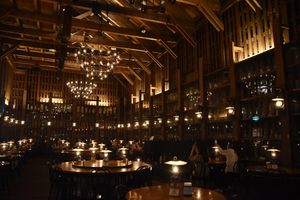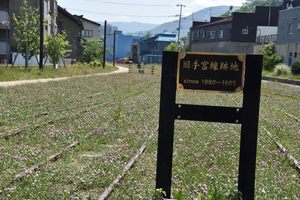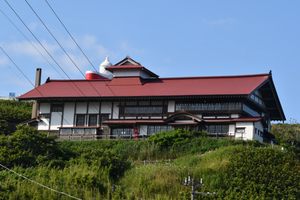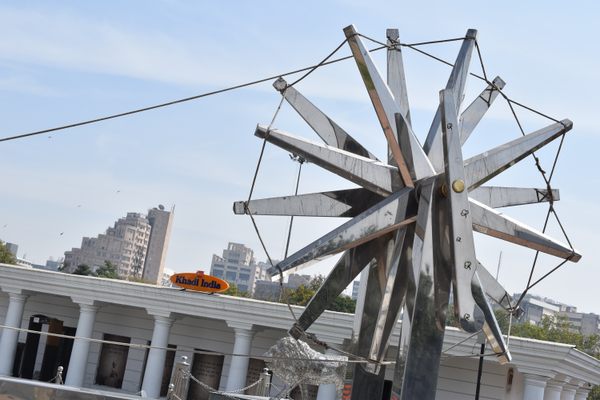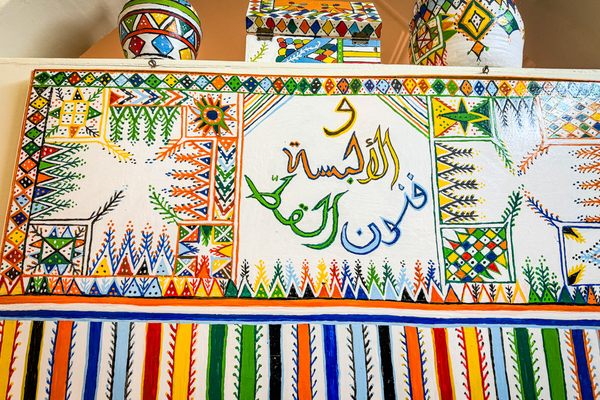About
Since their introduction in the mid-19th century, music boxes have been a very popular novelty in Japan, where they are called orugōru from Dutch Orgel "organ." They are commonly found among the usual souvenirs at tourist gift shops, coming in many shapes and sizes.
Established in 1967 and headquartered in the northern city of Otaru, the Orgel-Doh company is known as one of the largest music box manufacturers in Japan. Its main outlet, dubbed the Otaru Orgel Museum, boasts thousands of items for sale as well as small exhibits of European antiques, automata, and dioramas depicting the history of music boxes.
The "museum" is housed in a huge, three-story brick building built in 1912 as a rice merchant's storehouse, a historic monument worth seeing on its own. Inside, spacious halls with quaint wooden beams and dazzling chandeliers gleam with a multitude of music boxes, many of them lushly decorated. Some are of more traditional kinds, from snow globes to piano-shaped antimony chests in Rococo style, while others are uniquely designed in the forms of princesses, teddy bears, Chinese Zodiac animals, Ferris wheels, and even sushi.
Up on the second floor runs an elegant, lamp-lit corridor with historical exhibits and antique, luxury music boxes such as the Orpheus and the Reuge, as well as a section where local handicrafts are showcased. The third floor is home to a nostalgic attic called The Sound of Dreams, focusing on character-themed music boxes and stationery items, particularly those of Studio Ghibli and Monchchichi.
When visiting, don't forget to take a picture with the icon standing in front of the building: the world's largest steam clock. Made in 1994 by Canadian clockmaker Raymond Saunders, credited as the creator of the world's first steam clock in Gastown, the Otaru Steam Clock is 18 feet tall and plays a five-note melody every 15 minutes, exhaling steam into the air.
Related Tags
Know Before You Go
The Otaru Orgel Museum is open every day from 9 AM to 6 PM. As it's more of a shop than a museum despite its name, admission is free; photography is also allowed inside. Orgel-Doh has smaller outlets across Hokkaido, as well as in Yokohama and Kyoto. Within Otaru, the Sakaimachi location also exhibits antique music boxes and the Irifune location holds regular music box making classes (generally reservation required).
Hidden Japan: Sado Island, Nara & Kyoto
Explore a different side of Japan.
Book NowCommunity Contributors
Added By
Published
July 12, 2023
